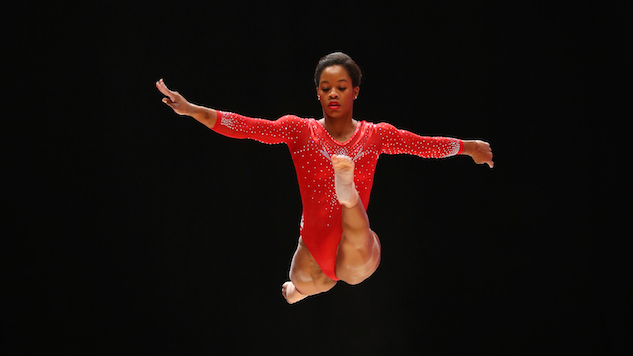
In our last article we wrote about the process model in sport and warm-ups and preparations. In this article, we further explore the process model.
Available at
In football, the game itself is the only opportunity for players and coaches to evaluate their skills and hard work. Their performance includes everything from the first to the last touch. Performance in poker is just as obvious. However, there are no obvious consequences that happen during warm-up/preparation and evaluation.
Ideally, preparation allows you to play at the highest level from the start of the session. If you do nothing to prepare before the session, the start of the session is your preparation. This may mean playing mediocre poker for the first 10-15 minutes until your mind is fully immersed in the action. As a result, you're less focused, you make mistakes, you miss readusyou are prone to other psychological problems.
(Photo by Ian MacNicol/Getty images)It is best if the evaluation takes place after the session has ended, when you can take a closer look at the game (this is more applicable to online poker). However, it is very common for players to review hands played in the middle of a session. They are reviewing errors in hands already played, making various calculations, checking their HM or PT. Basically, they are evaluating how they are playing during the game itself. In other words, they are doing several things at the same time, and for that reason alone their game suffers.
Interrupting the evaluation during the game does not mean removing the adaptation to the opponents' game. Adapting to your opponent's style of play is a way to stay at least one step ahead in the game of poker. Adaptation is the key to success, whereas in-game evaluation is an unnecessary distraction. Instead, it's better to make a note of the hand you want to review after the session and focus on the action at the table. Ideally, the adjustment itself should be an automatic action (unconscious competence).
Results
In both poker and football, there are many ways to measure player performance. Poker players typically think in terms of easy-to-measure metrics such as money, winning and losing, hours or hands played, winrate. However, it is also necessary to look at certain qualitative parameters of the game, such as how well you played and your concentration level, Bridge degree of control and improvement of weaknesses.
Results-oriented thinking
Recently, results-orientation in poker has received a lot of attention. The most common solution is to ignore, block and dissociate from your results. Players understand that focusing on short-term results is wrong (due to variation), but it is easier said than done. When focusing only on wins and losses, emotions fluctuate wildly as they become attached to these two factors. In the short term, however, the main problems are not so much in focusing on wins/losses, but in ignoring other important things.
You need to concentrate on qualitative results in order to link emotions to factors that you can control in the short term. The process model provides a framework for capturing qualitative results, as they are not usually easily calculated at the end of each session or tournament. Using this model, concentrate on the quality of your game, the psychological things, the improvement, and then slowly your emotions will attach themselves to these results.
This series of articles is based on Jered Tendler's book on the psychology of poker, The Mental Game of Poker. If you would like to purchase the original, which is available in English, you can do so at amazon.com





